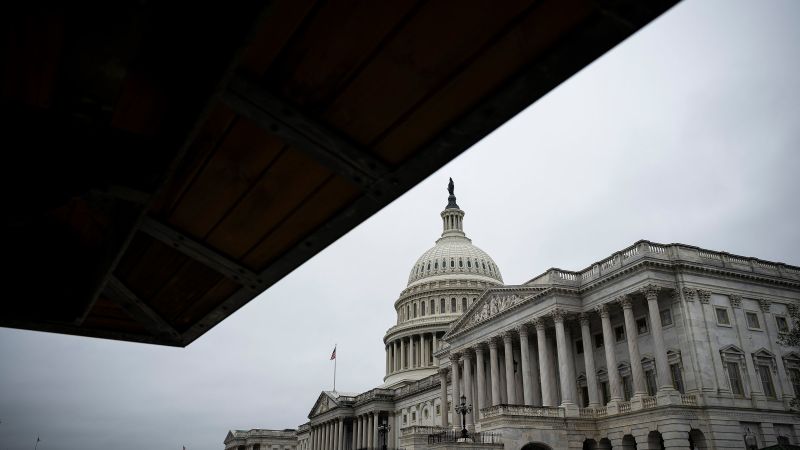
Analysis: Congressional Redistricting Impact on 2026 Election
Politics | 9/19/2025
Analysis: Republicans Gain 12 New Seats in Congressional Redistricting
The upcoming 2026 election poses a pivotal moment for both the Republican and Democratic parties as they engage in a high-stakes battle to reshape congressional districts in their favor. Recent analysis indicates that Republicans are on track to secure a substantial advantage, potentially adding 12 new seats to their tally through the redistricting process.
This development underscores the critical role that gerrymandering plays in shaping the composition of the US House of Representatives. By strategically redrawing district boundaries, parties can significantly influence electoral outcomes, raising concerns about the fairness and integrity of the democratic process.
A White House official, speaking on condition of anonymity, noted the significance of these potential gains for the Republican party, stating, “The ability to secure additional seats through redistricting could have far-reaching implications for the balance of power in Congress.”
However, this projection has sparked debate among legal experts and advocacy groups, with some raising questions about the ethical implications of manipulating district lines to gain a political advantage. Critics argue that such practices undermine the principle of fair representation and erode public trust in the electoral system.
As the redistricting process unfolds, both parties are closely monitoring developments, with Democrats facing the challenge of countering the GOP’s gains to secure a competitive electoral landscape. The outcome of this redistricting battle will have far-reaching consequences for the future composition of the US House and the balance of power in Congress.


